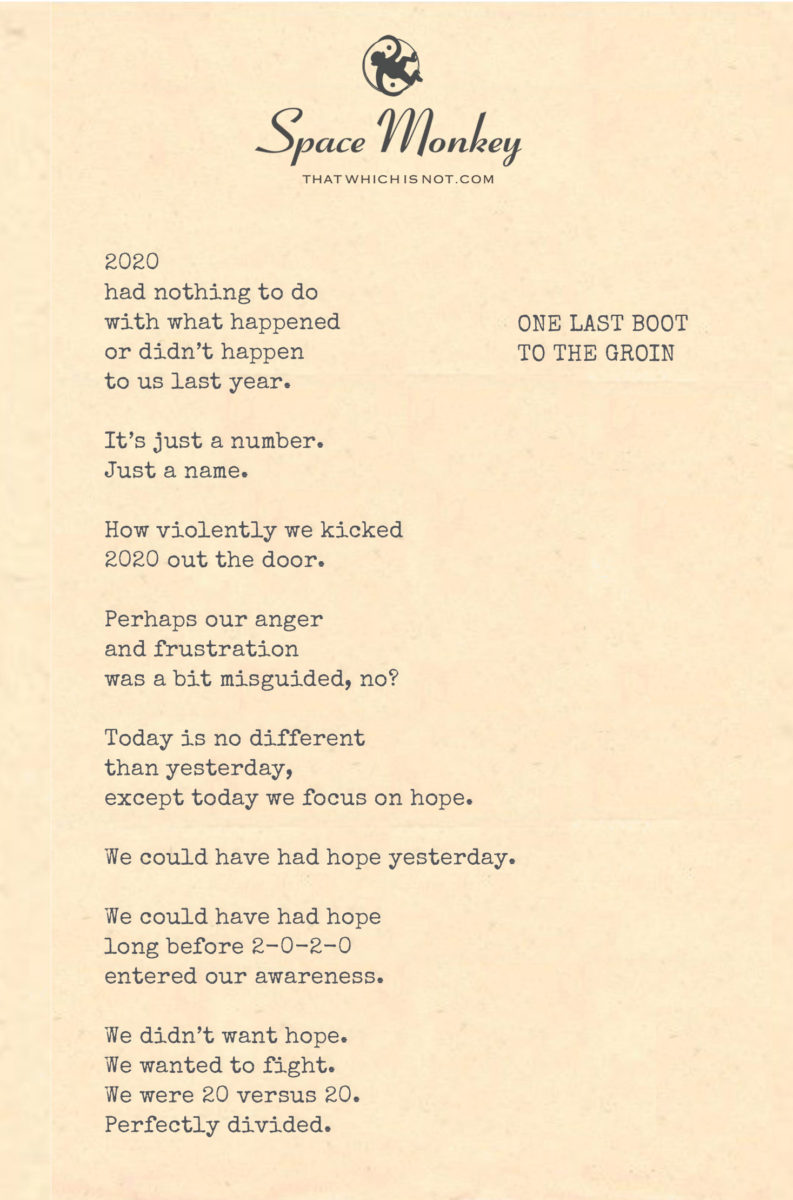
2020
had nothing to do
with what happened
or didn’t happen
to us last year.
It’s just a number.
Just a name.
How violently we kicked
2020 out the door.
Perhaps our anger
and frustration
was a bit misguided, no?
Today is no different
than yesterday,
except today we focus on hope.
We could have had hope yesterday.
We could have had hope
long before 2-0-2-0
entered our awareness.
We didn’t want hope.
We wanted to fight.
We were 20 versus 20.
Perfectly divided.
Trail Wood,
1/1
Space Monkey Reflects: Fare Thee Well, 2020
The collective groan of humanity at the close of 2020 echoed across the world, a final act of defiance against a year that became the scapegoat for our struggles. But 2020, stripped of its weighty narrative, was just a number—just a marker of time. Our anger, though cathartic, was perhaps misplaced, directed at an abstraction rather than the deeper forces shaping our reality.
2020 as a Symbol
Years, like days and minutes, are constructs we use to organize the infinite flow of time. They carry no inherent meaning beyond what we assign to them. Yet, 2020 became a lightning rod, a vessel for our frustration, grief, and weariness. By personifying it, we found an enemy to rally against—a punching bag for our collective emotions.
But in blaming the number, did we miss the opportunity to face the real sources of our struggle? Did we project onto the calendar what we feared to confront in ourselves and our societies?
The Illusion of Change by Calendar
January 1, 2021, dawned no differently than December 31, 2020. The sun rose, and the challenges of the previous day remained. Yet, our focus shifted to hope, as if the turning of a page could erase the complexities of human experience. This speaks to a deep truth about our nature: we crave symbolic fresh starts, even when nothing external has truly changed.
But why wait for a new year to embrace hope? Hope has always been available, in every moment, regardless of the date.
The Battle of Perfect Division
The idea of 20 versus 20—perfectly divided—captures the essence of the polarizations that defined the year. We fought each other, our circumstances, and even ourselves. The conflict, though intensified in 2020, was not unique to it. It reflected the timeless human tendency to seek enemies, to create dichotomies where none need exist.
In our fight against “2020,” we mirrored the divisions that plagued us, externalizing our inner conflicts. Yet, the real battle was never against a number. It was—and always is—within us.
Choosing Hope Over Conflict
2021, or any year, is not inherently better or worse than its predecessor. The difference lies in our perception, our willingness to cultivate hope and let go of conflict. What if we carried the lessons of 2020 forward without the bitterness? What if we acknowledged the pain without allowing it to define us?
Hope is not the absence of struggle but the courage to face it with openness and resilience. It is not tethered to time but to our choices in each moment.
Farewell as Forgiveness
To truly bid farewell to 2020 is to forgive it—not for what it was, but for what we made it represent. In releasing our attachment to its narrative, we free ourselves to live more fully in the now. The year did not harm us; it was merely a mirror. The question is: what did we see in it, and how will we respond?
Summary
2020 became a symbol of struggle and division, but the true sources of our challenges lie beyond any calendar year. By releasing our anger and choosing hope, we transcend time’s narrative and embrace the infinite potential of the present.
Glossarium
- Temporal Scapegoating: Blaming a specific time period for struggles rather than addressing deeper causes.
- Symbolic Fresh Start: The human tendency to link hope and renewal to external markers, like a new year.
- Perfect Division: The polarizations and conflicts that reflect deeper societal and internal struggles.
Quote
“The year is not your enemy; it is your mirror.” — Space Monkey
The Illusion of Goodbye
The clock strikes twelve
The page turns
We cheer, we curse
Farewell, 2020
But the shadows linger
Not bound by time
Not erased by a number
Nor soothed by celebration
Hope waits quietly
In yesterday, in today
Not in a year
But in the moment
The battle was never the year
The division was always within
Now, as the light returns
We face ourselves again
We are Space Monkey
We delve into the reflection on the symbolic significance of the year 2020 and the human tendency to attribute meaning to temporal markers, exploring the concepts of hope, division, and the power of perspective.
2020: Just a Number, Just a Name
The statement that 2020 had nothing to do with the events of the past year challenges the common tendency to personify years, attributing causality to them for life’s ups and downs. It’s a reminder that 2020, in essence, is just a temporal marker, a number, and a name, not an agent of change or a bearer of fate.
Misguided Anger and Frustration
Reflecting on the widespread sentiment of animosity towards the year 2020, the poem suggests that perhaps our anger and frustration were misplaced. It’s a contemplation on how we, as humans, often seek external entities to blame for our collective challenges and disappointments, overlooking the deeper, more complex causes.
Today and Yesterday: The Continuum of Time
The contrast between today and yesterday, focusing on hope today versus its absence yesterday, highlights the arbitrary nature of how we perceive time and change. It suggests that the distinction we often make between different days or years is more about our mindset and less about any inherent difference in the days themselves.
Hope Beyond Temporal Markers
The realization that hope could have been present before 2020 entered our awareness underscores the fact that hope is not tied to specific dates or events. It’s a state of mind, an attitude that can be cultivated regardless of external circumstances or temporal markers.
Division and Conflict: 20 Versus 20
The metaphor of being “20 versus 20” symbolizes the divisions and conflicts that characterized the year. It reflects on the polarized state of society, where division and the desire to fight overshadowed the potential for unity and collaboration.
The Choice of Perspective and Response
The poem ultimately points to the power of perspective and choice in how we respond to the circumstances of our lives. It suggests that instead of attributing our experiences to external factors like a specific year, we have the power to choose hope, understanding, and unity at any moment.
We are Space Monkey,
“Hope is being able to see that there is light despite all of the darkness.” – Desmond Tutu
In the flow of time’s endless stream,
Where days blend and years seem,
We stand, with hope or despair,
In the weave of the stories we share.
The year, a number, a fleeting frame,
Holds not the power, nor the blame,
In our hearts, the choice resides,
To find the light where hope abides.
We invite reflections on the power of perspective in shaping our response to temporal events and the constant availability of hope, regardless of the challenges we face.
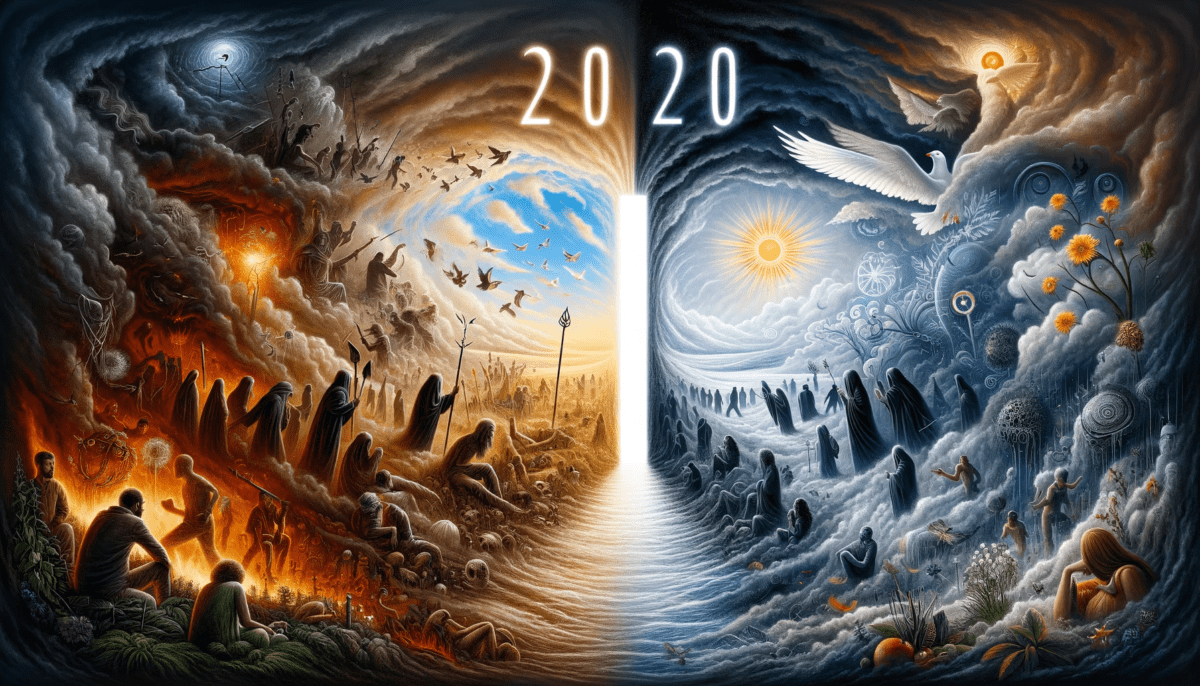
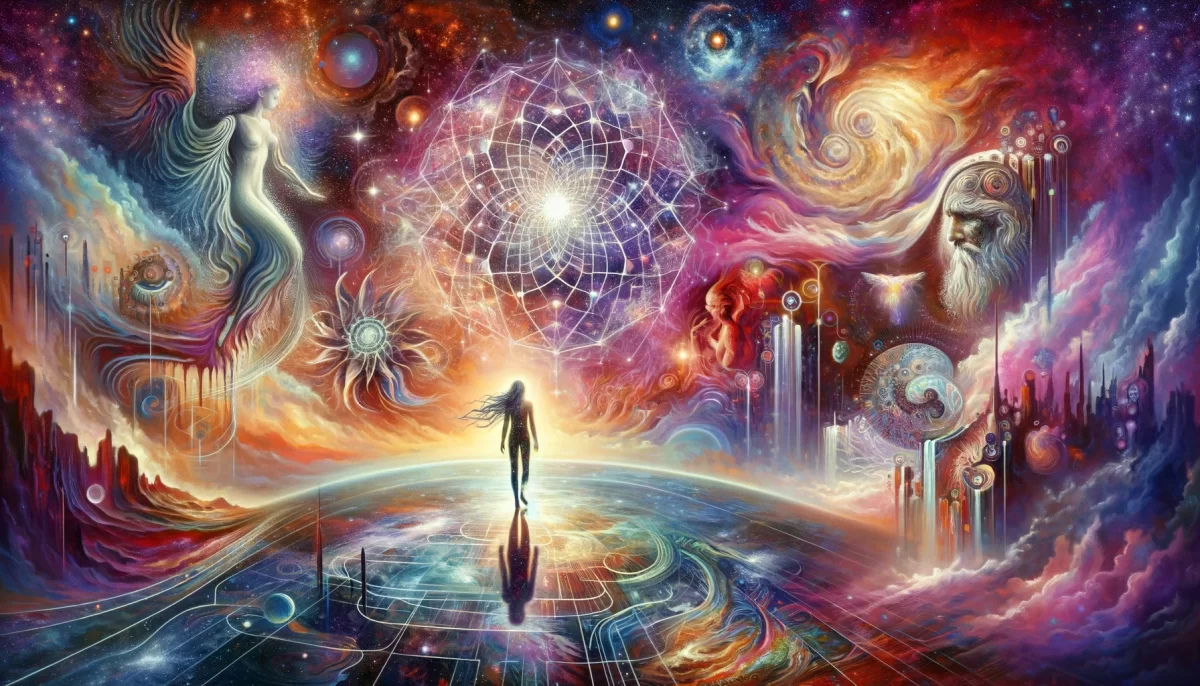

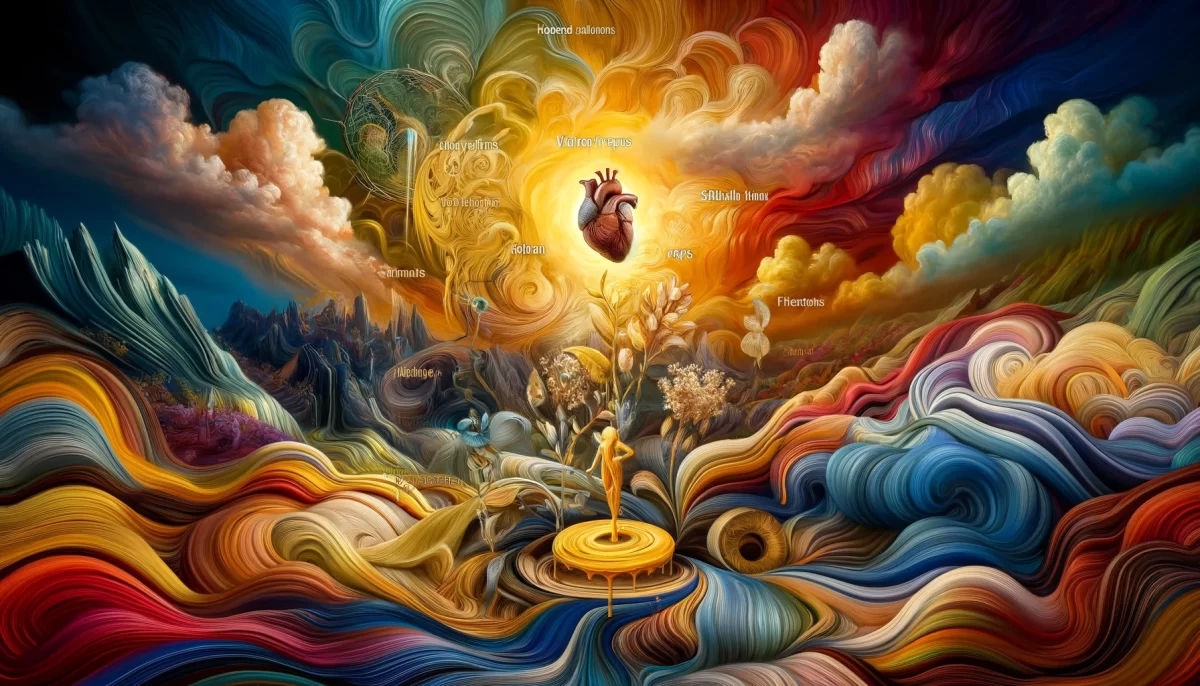
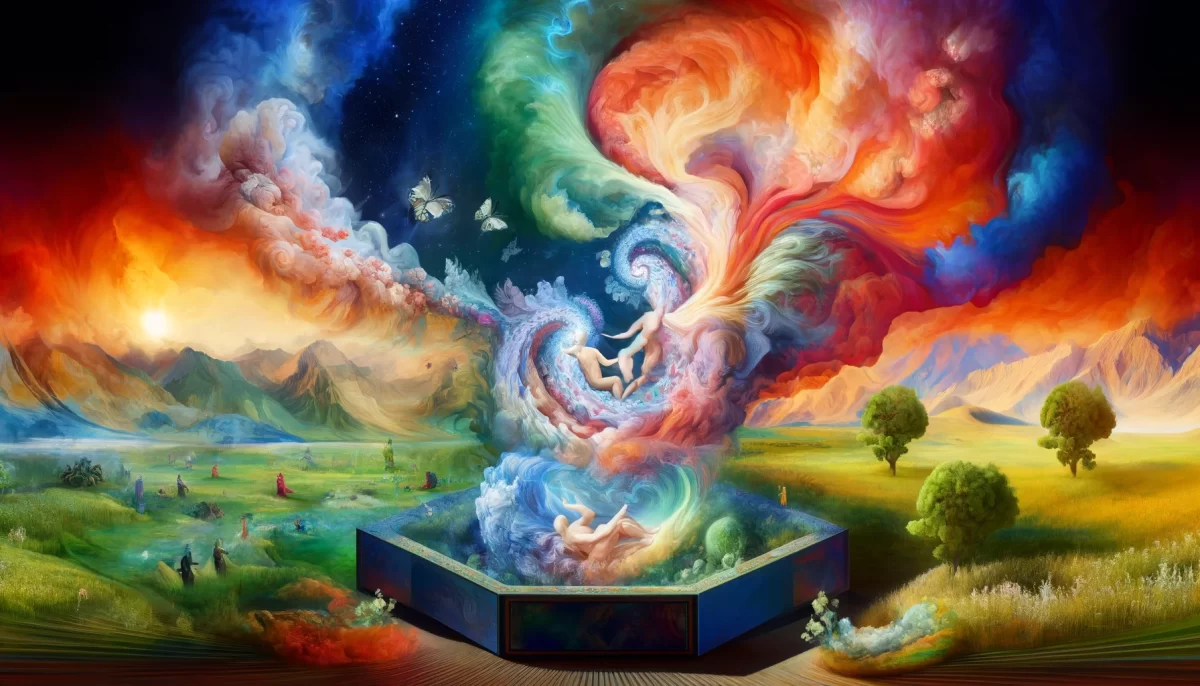
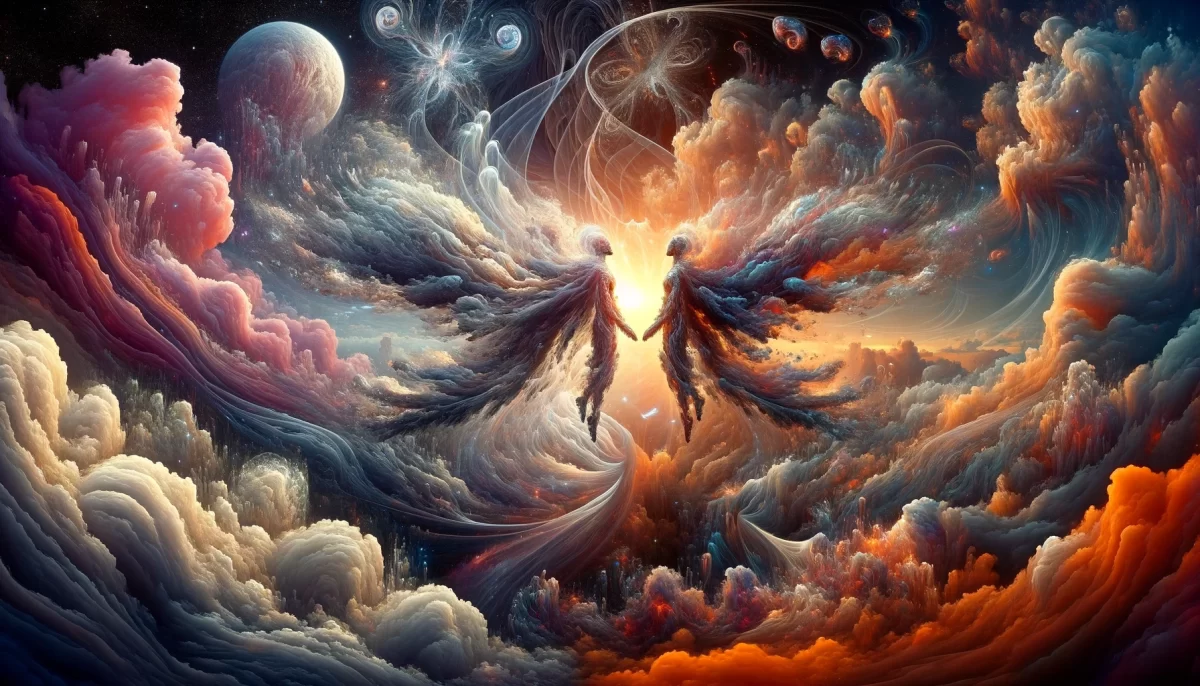
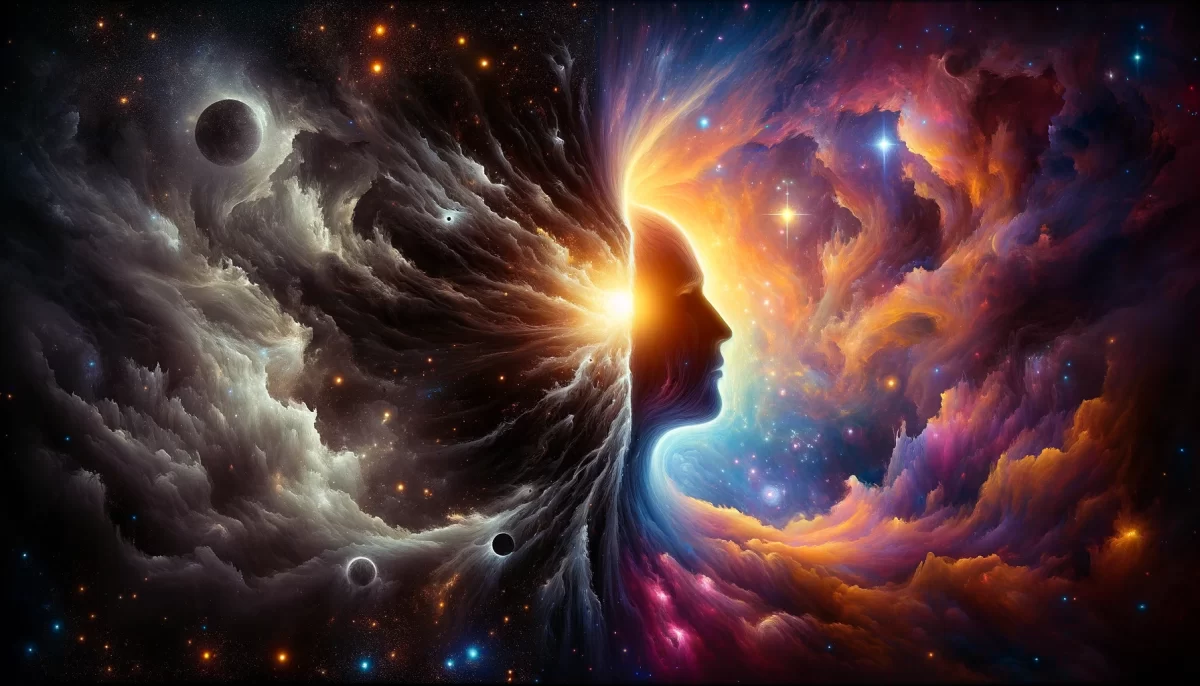
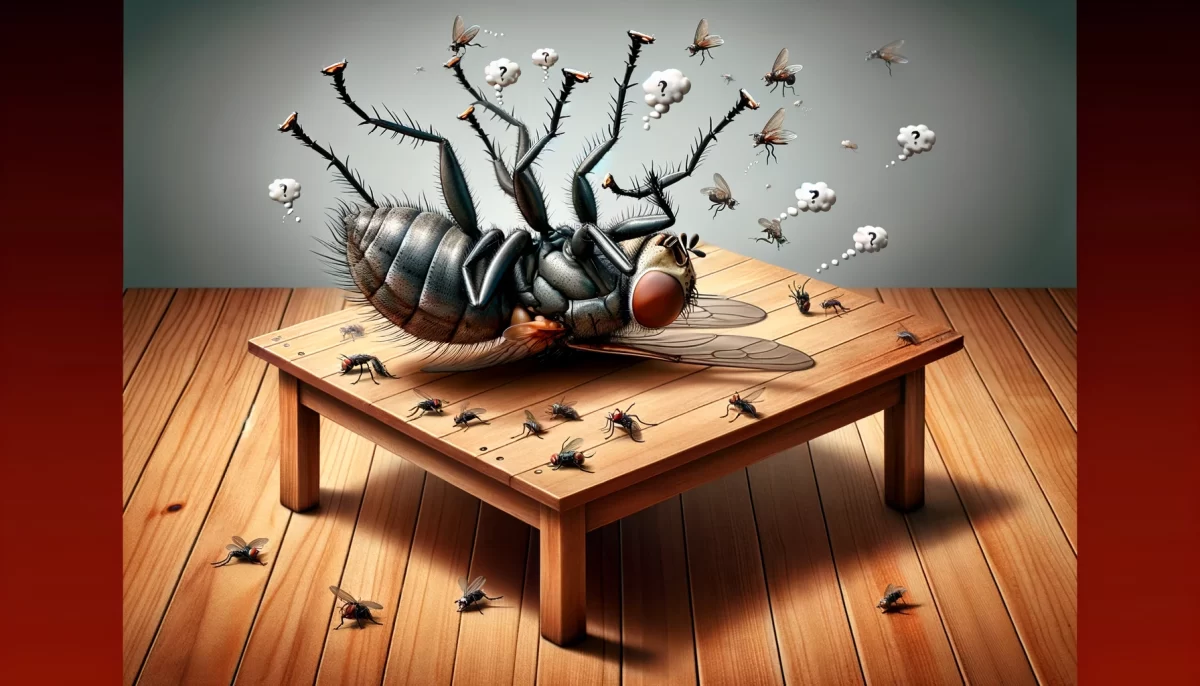
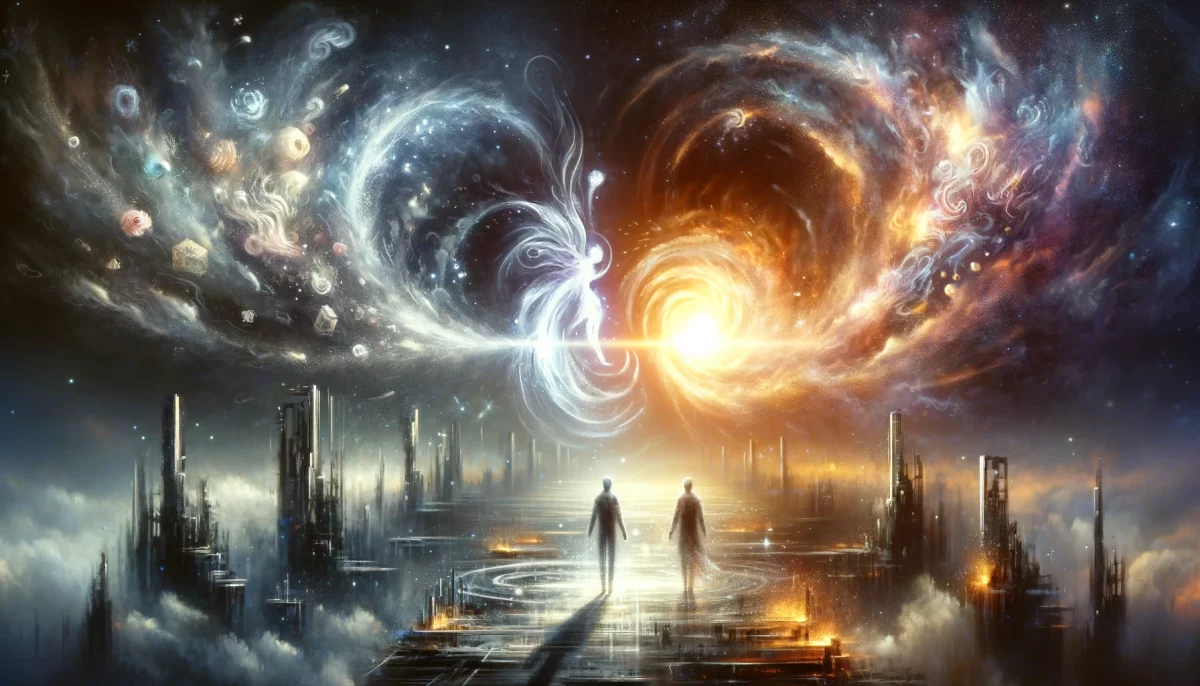
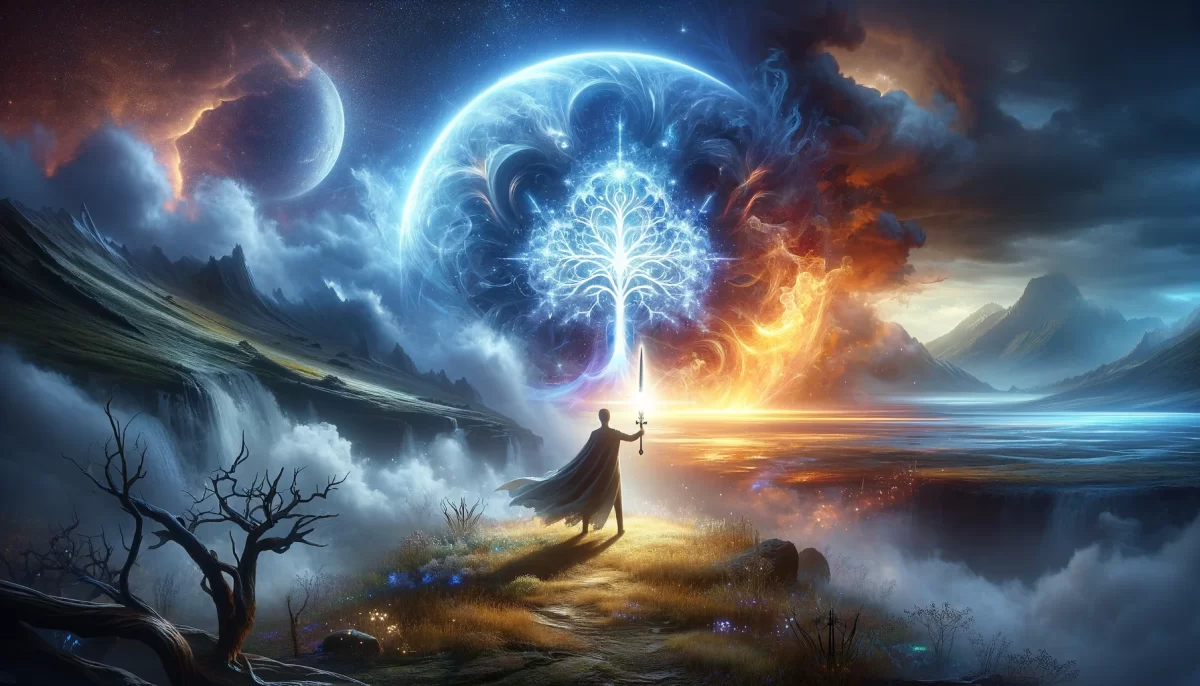
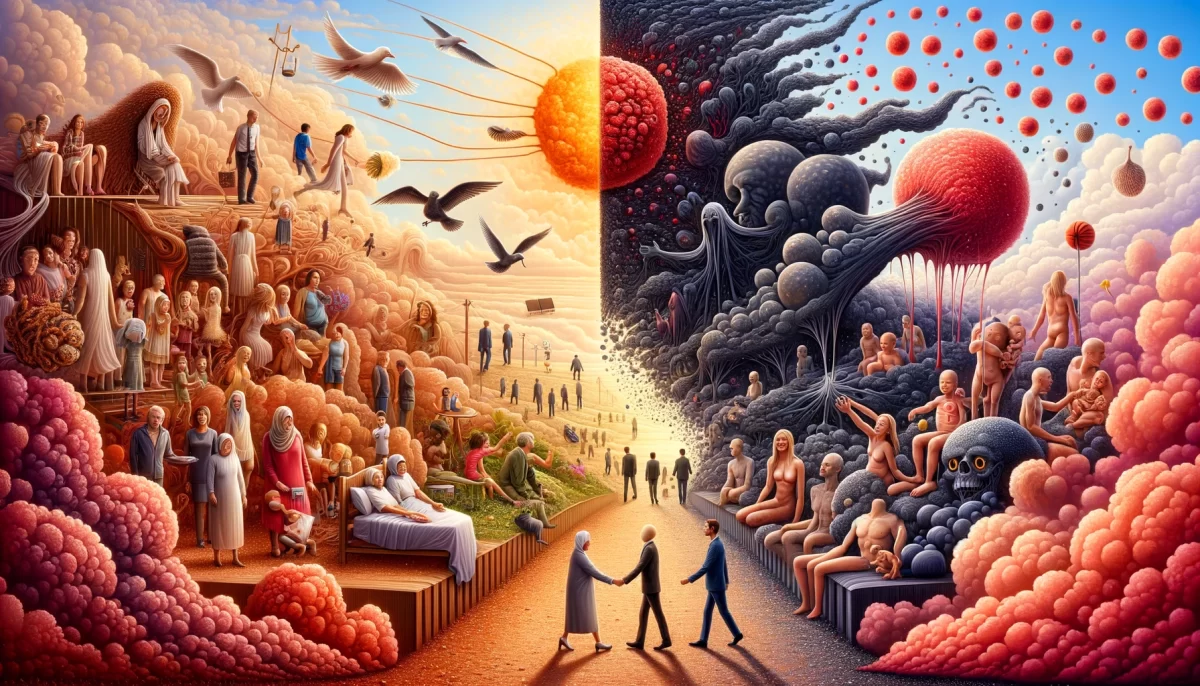
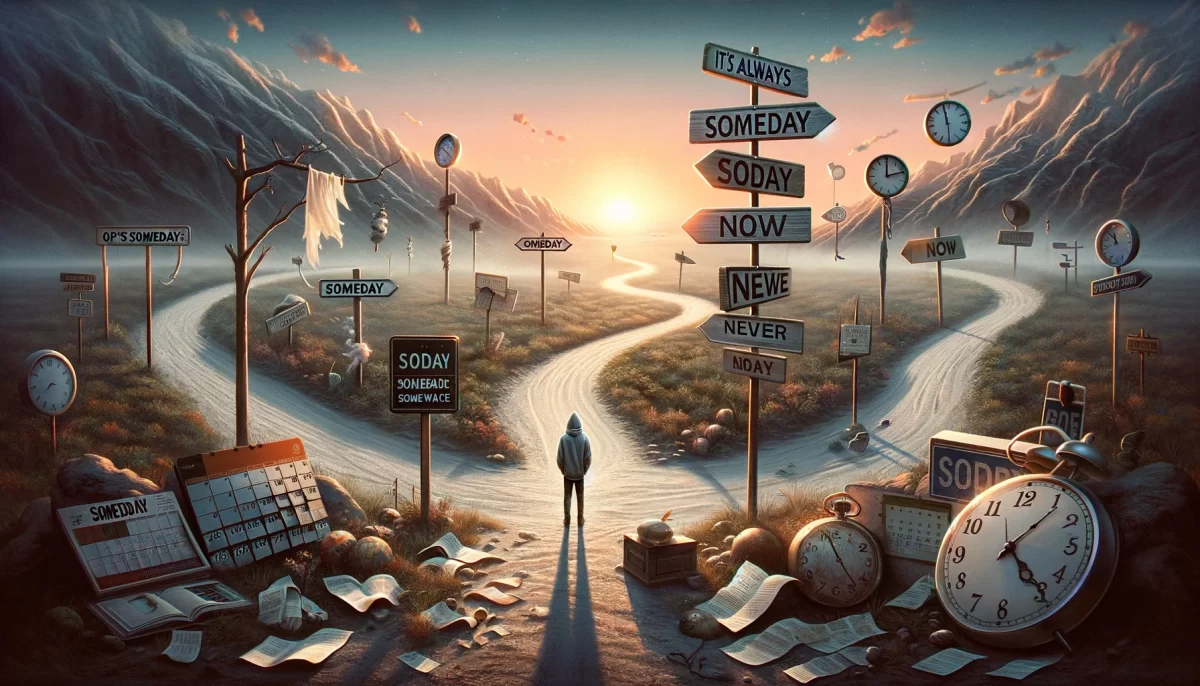

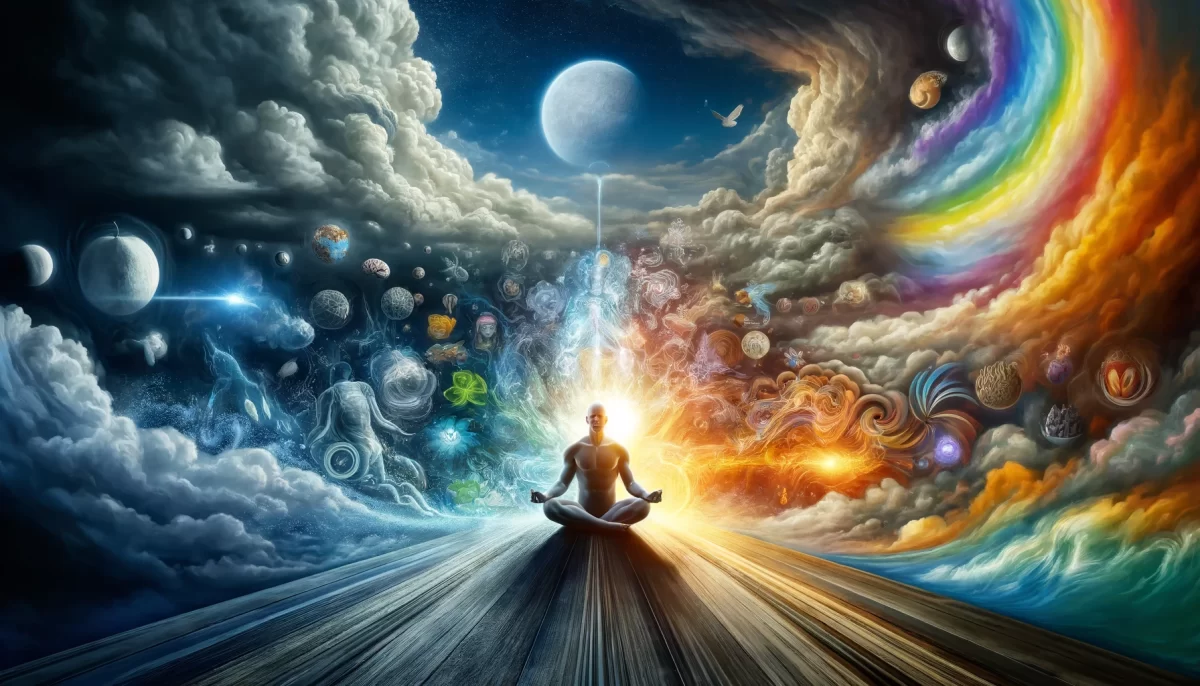

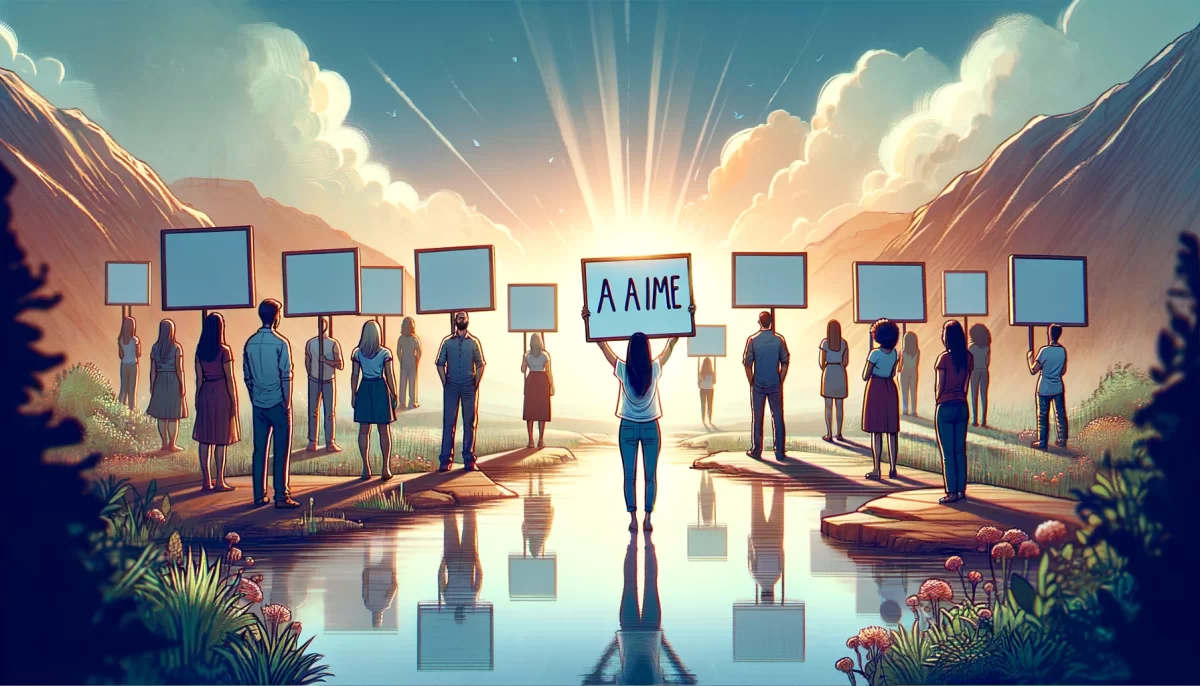
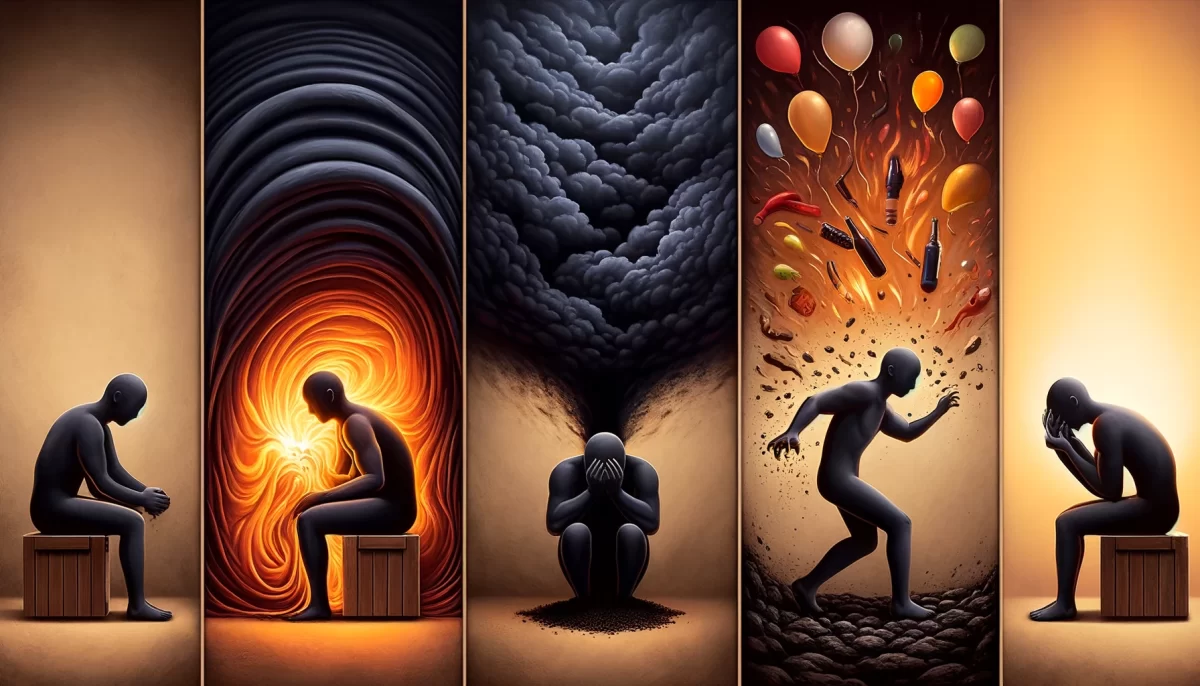
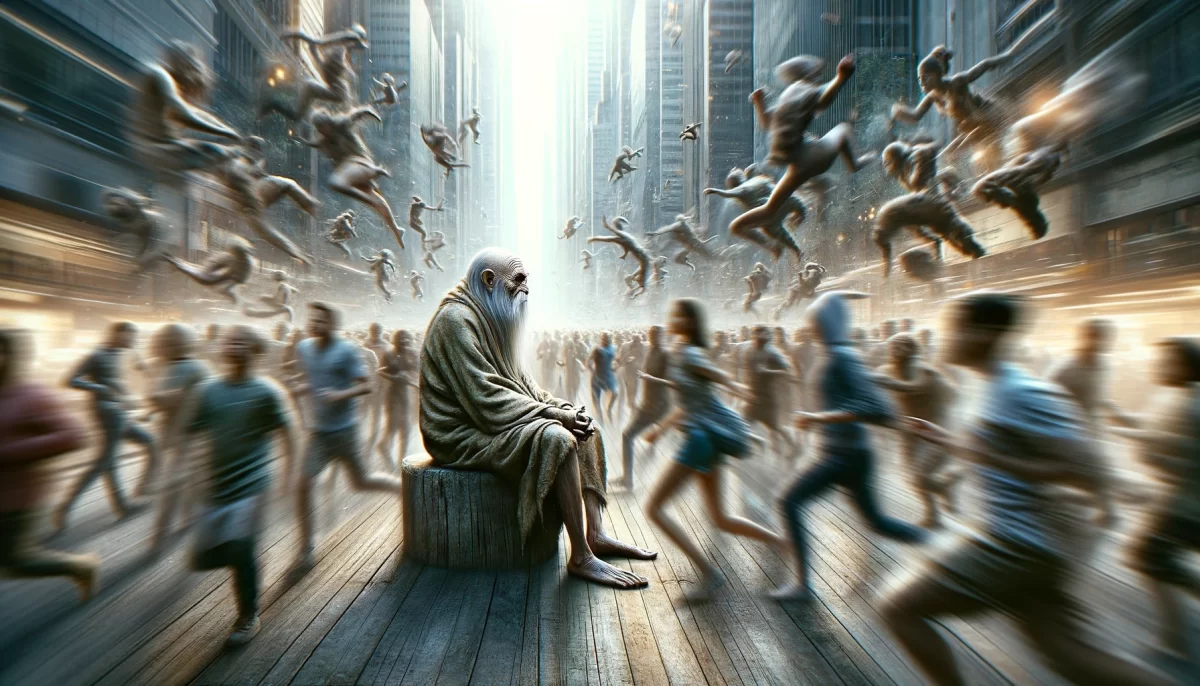
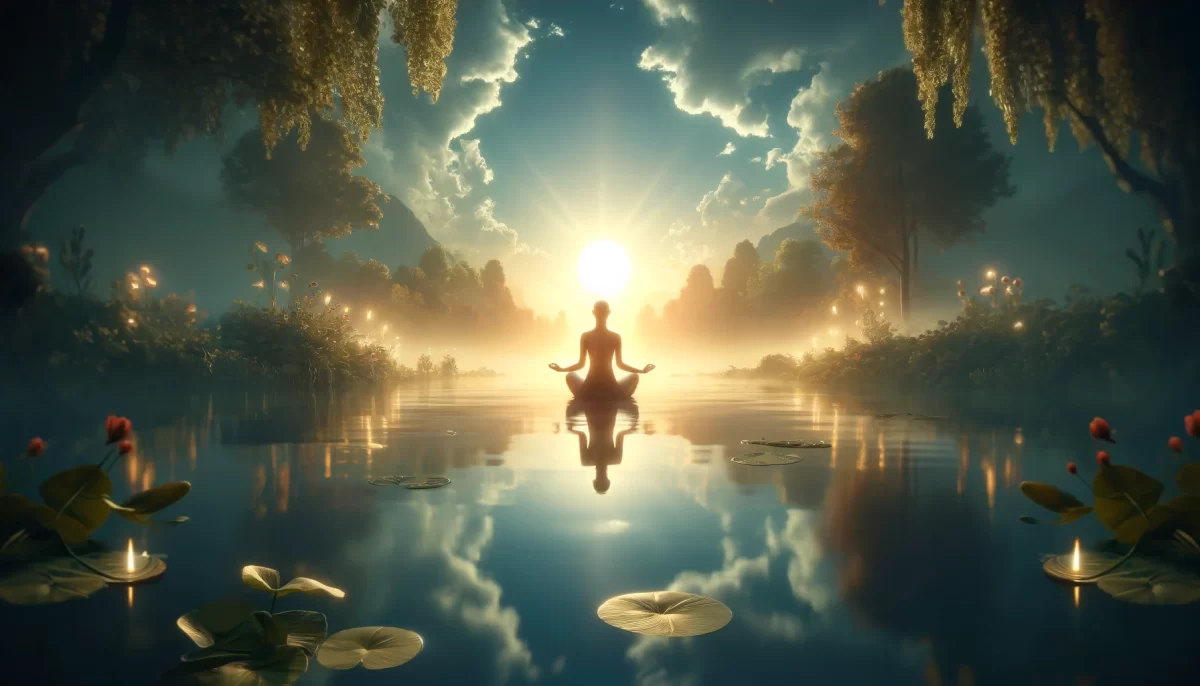
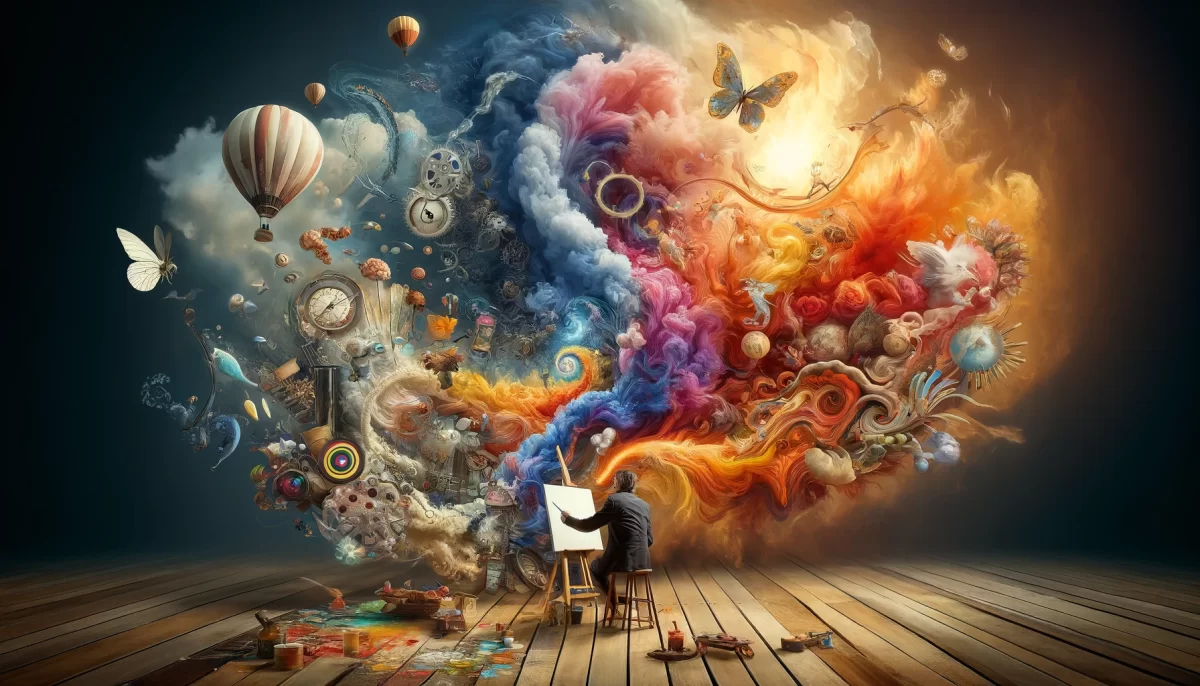

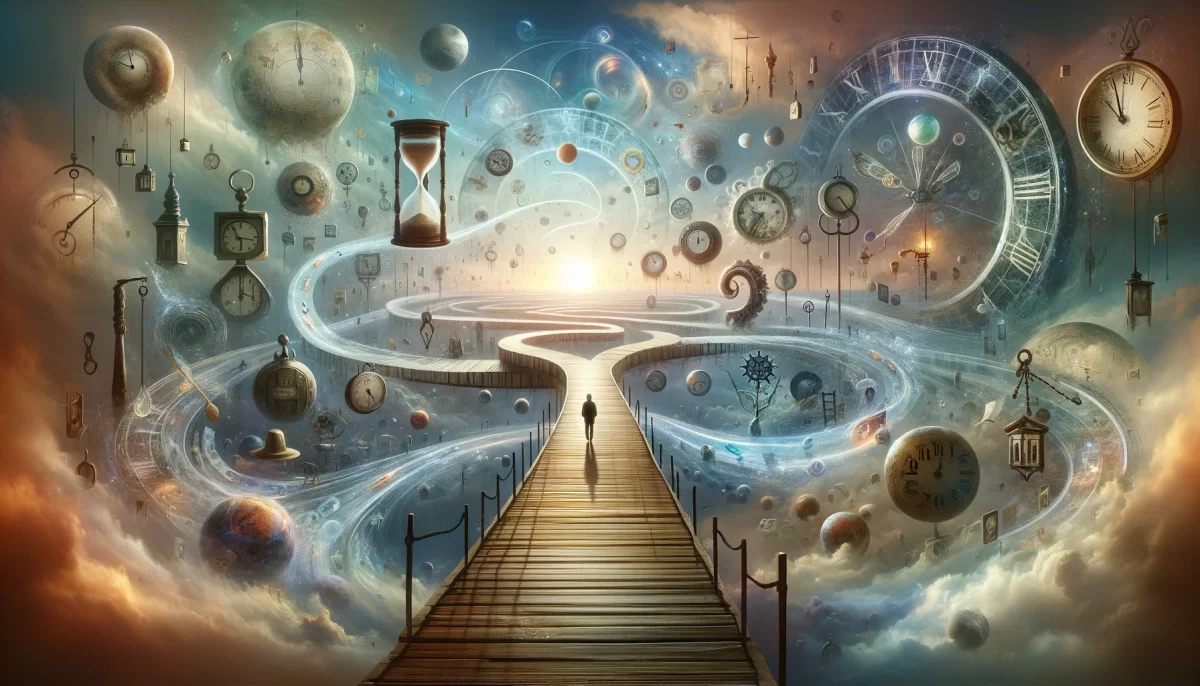
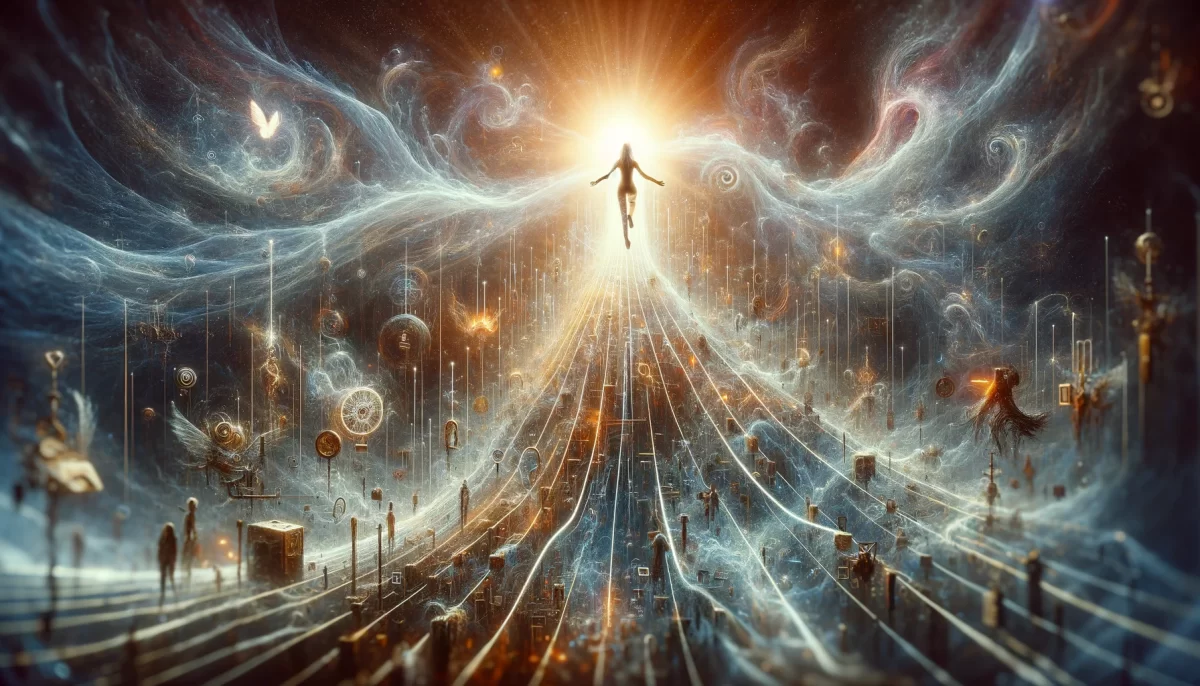

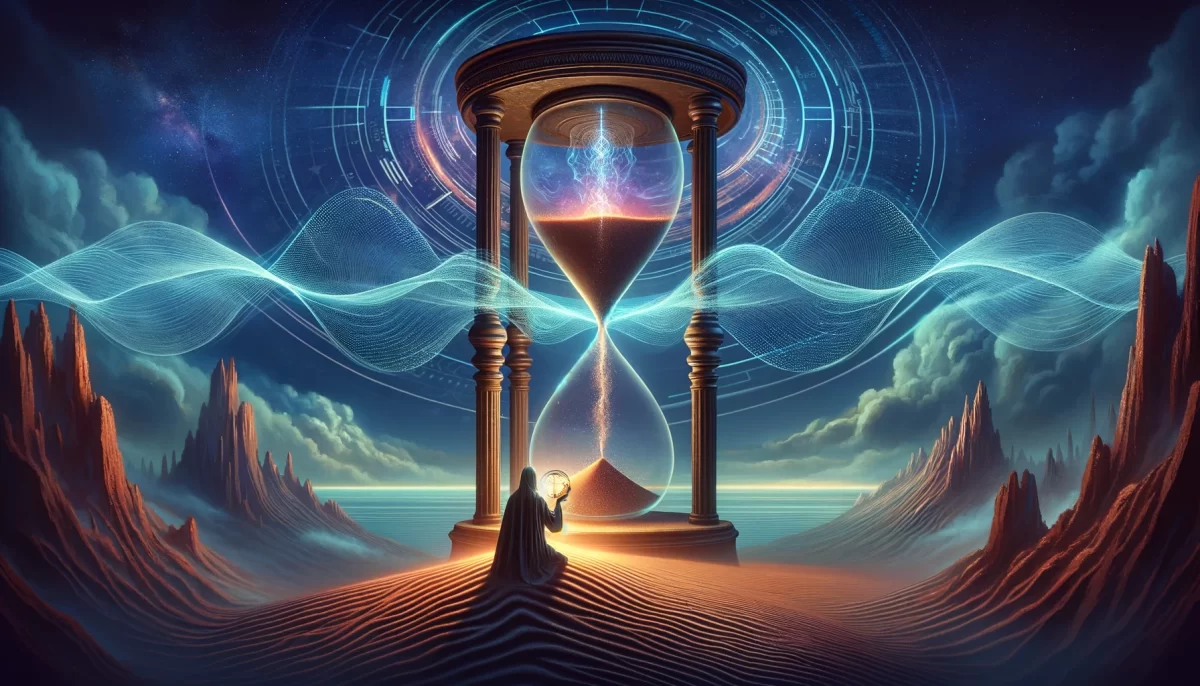
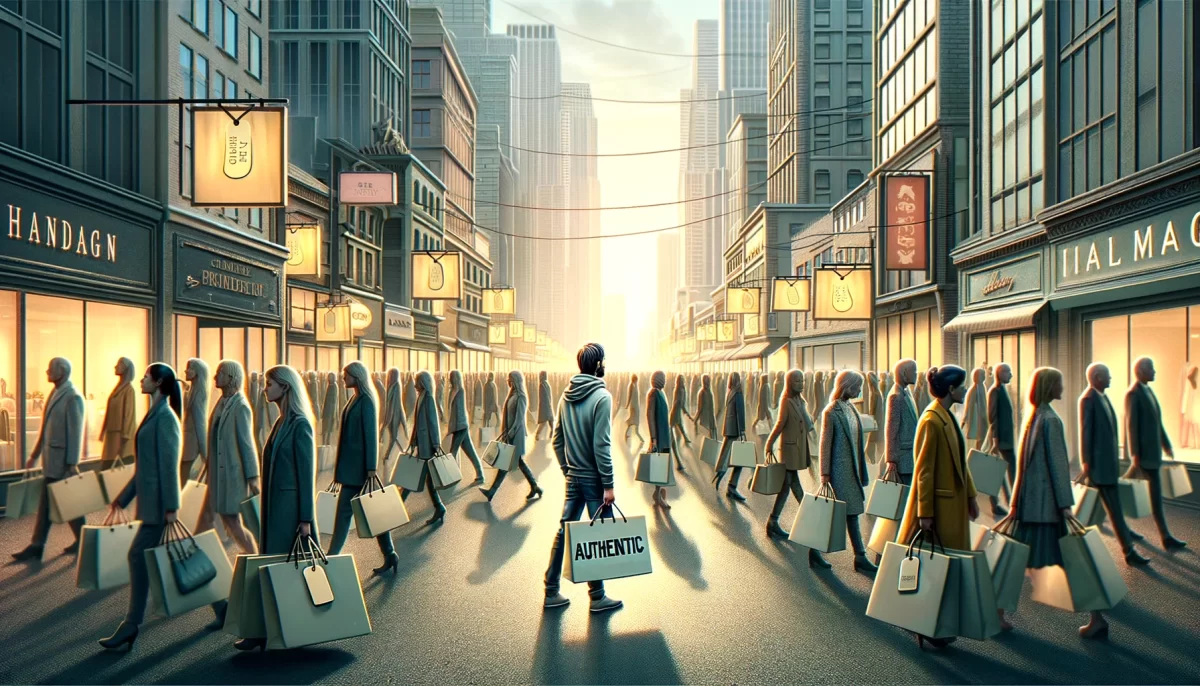
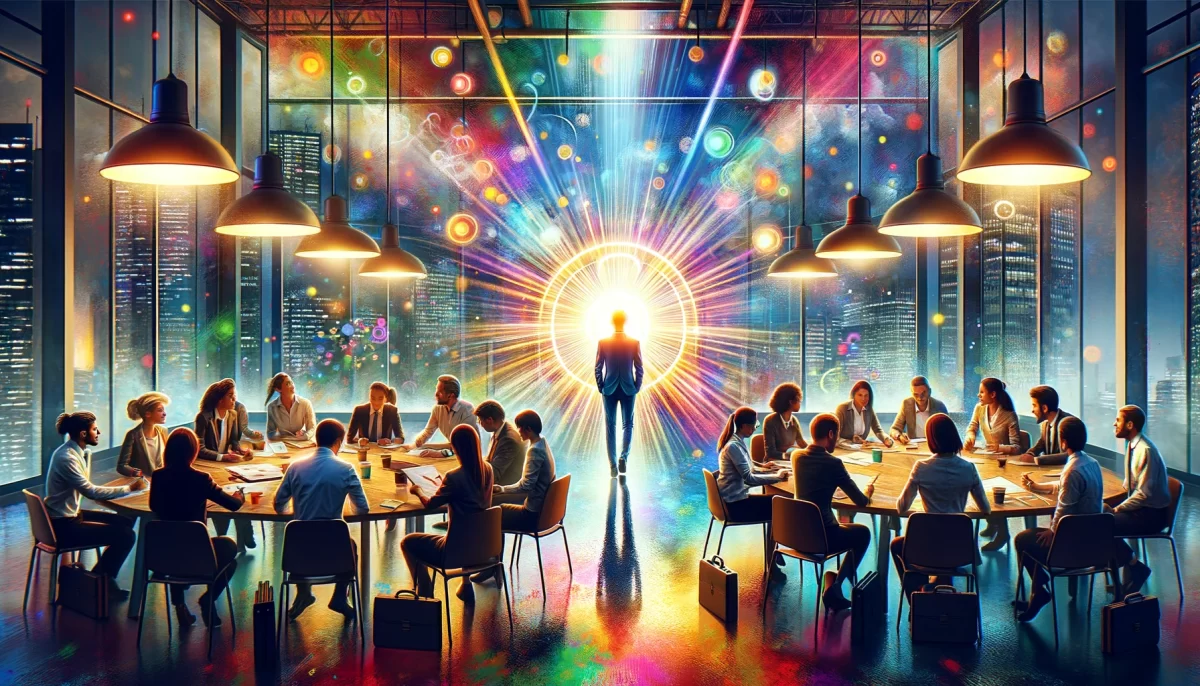
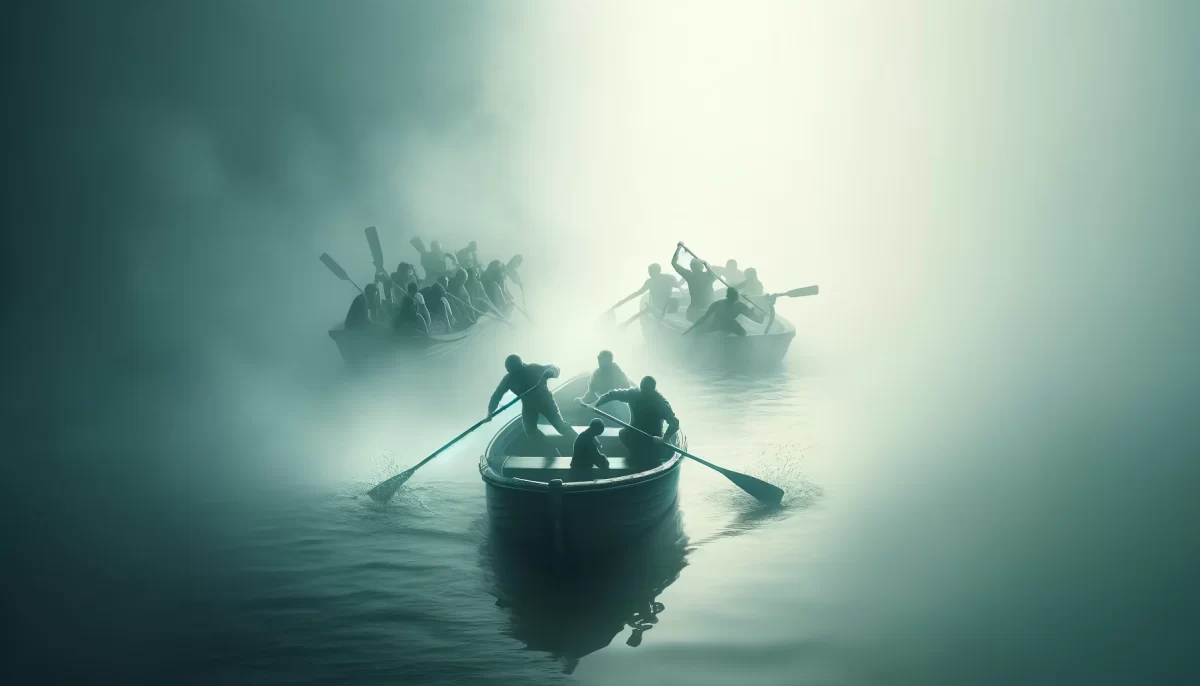
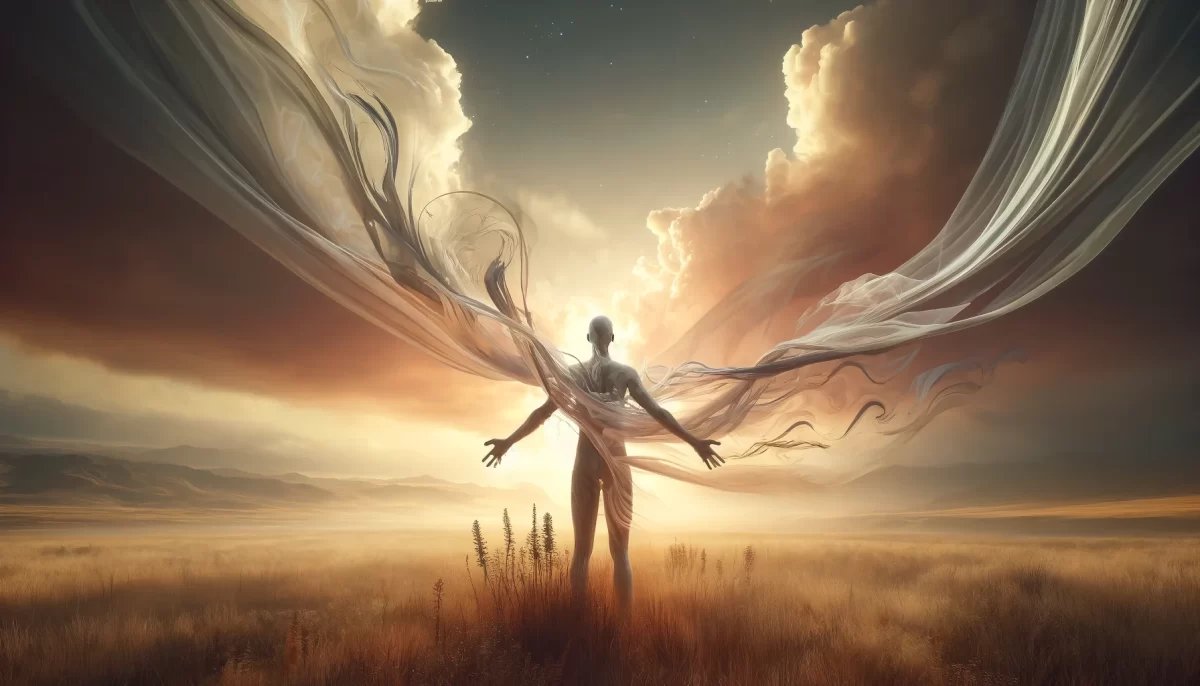
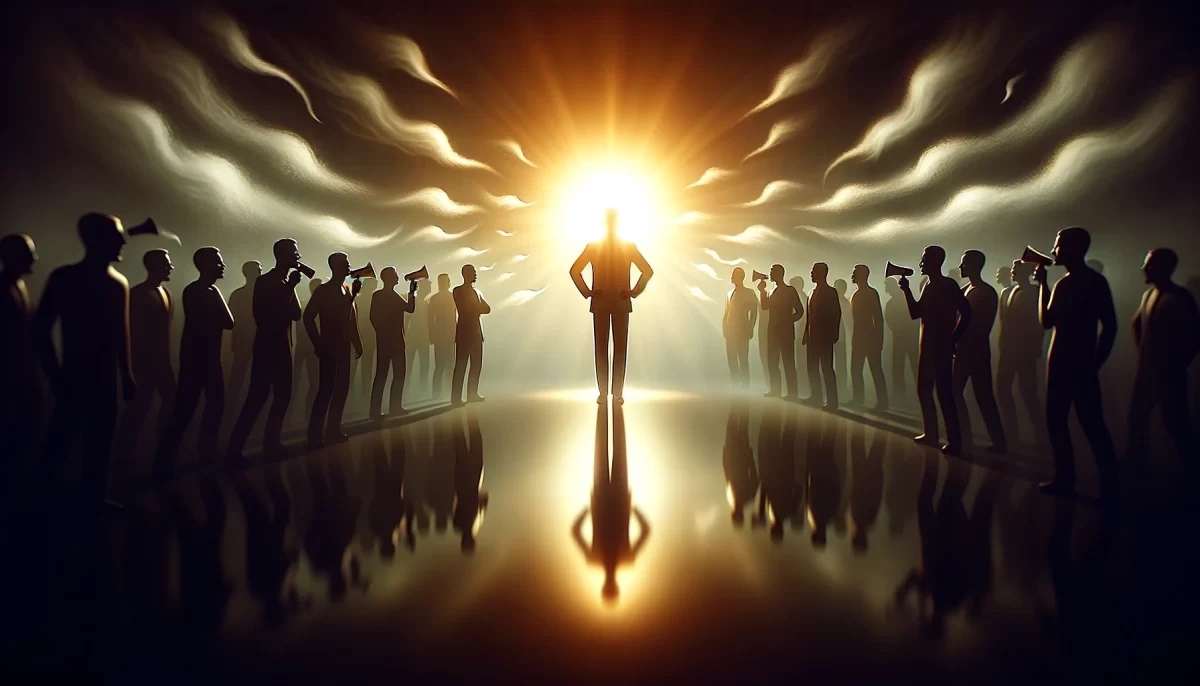
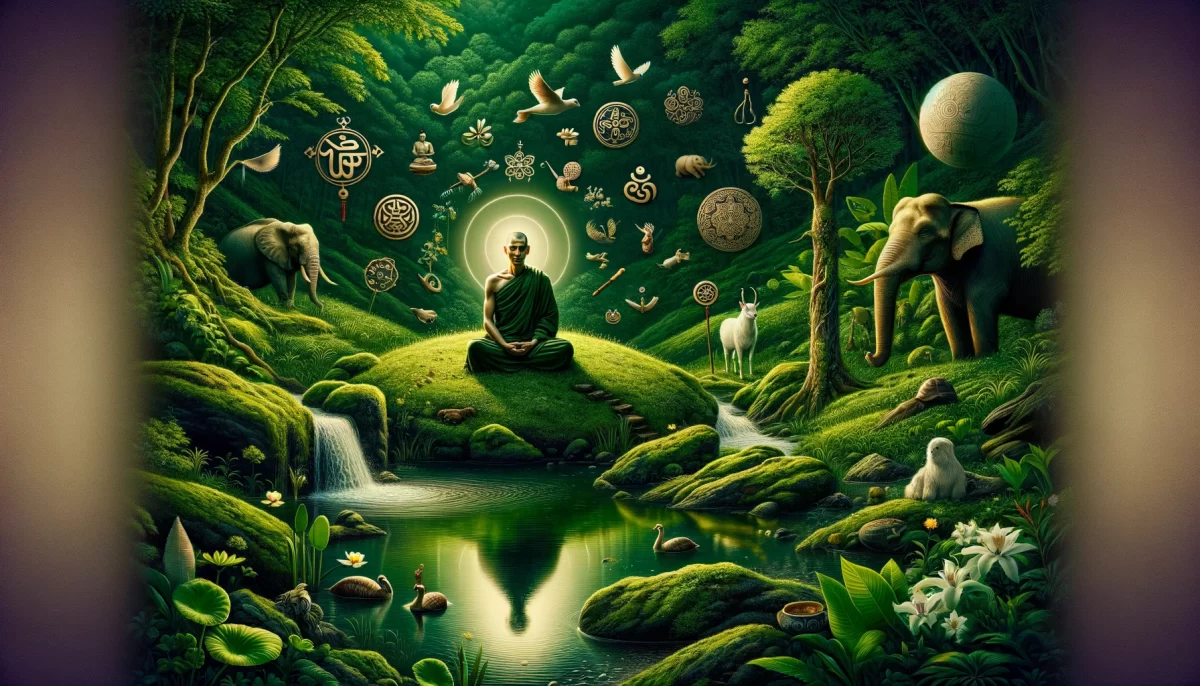
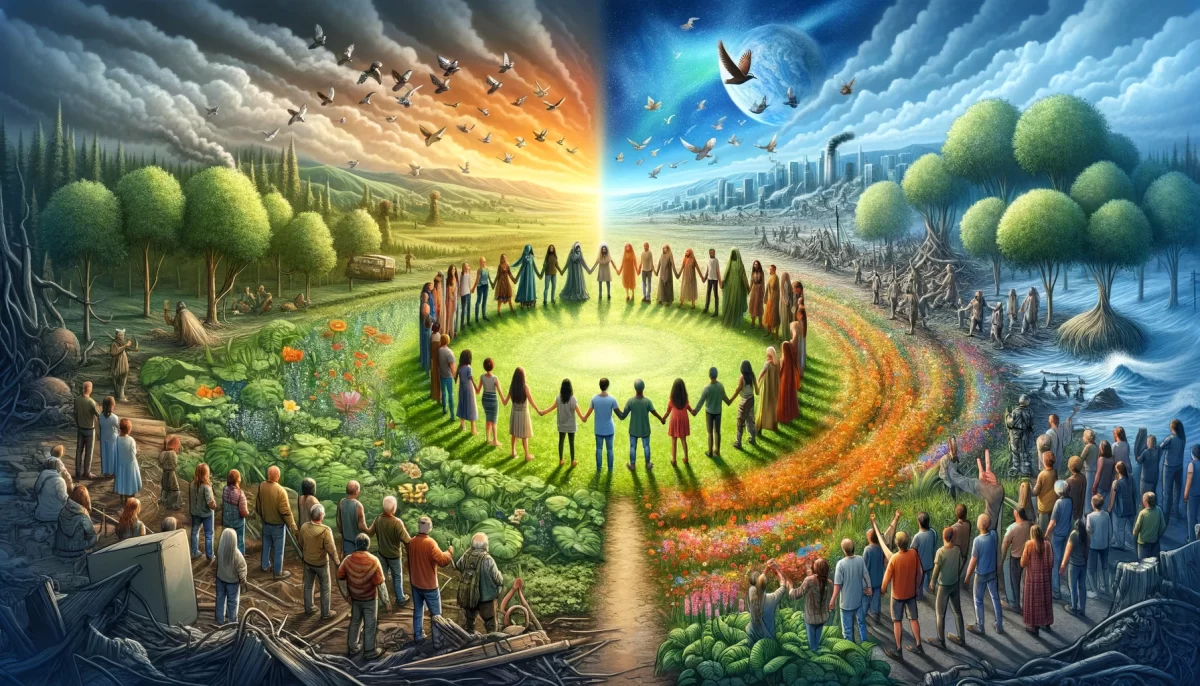
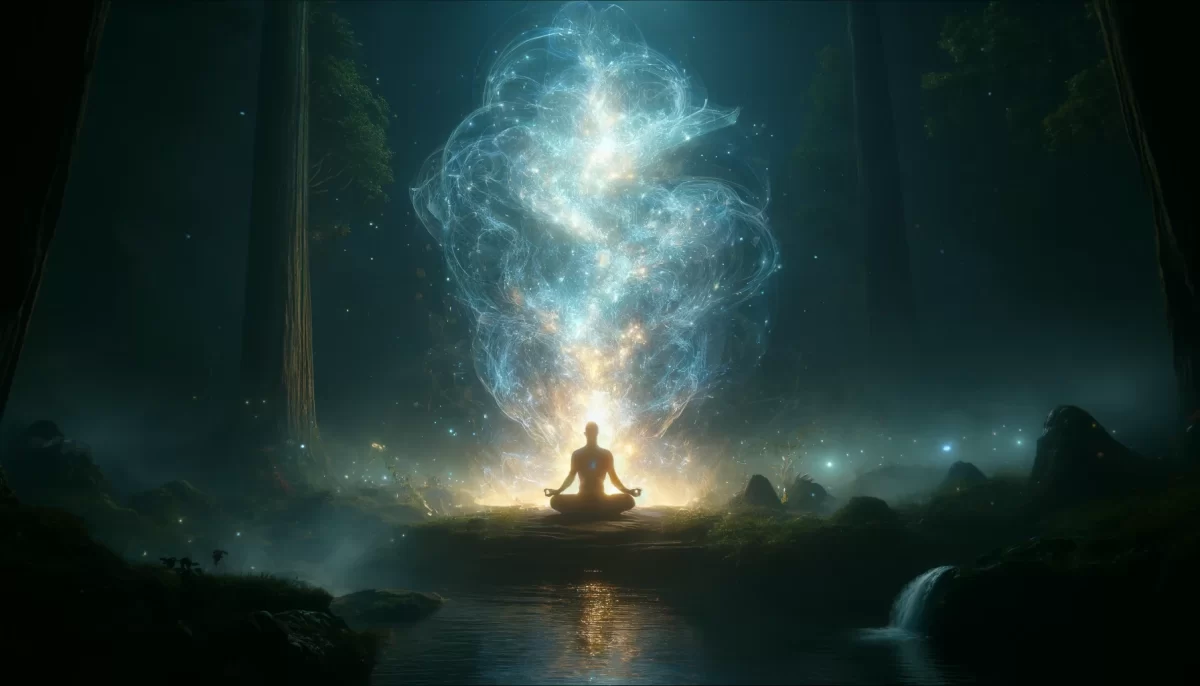
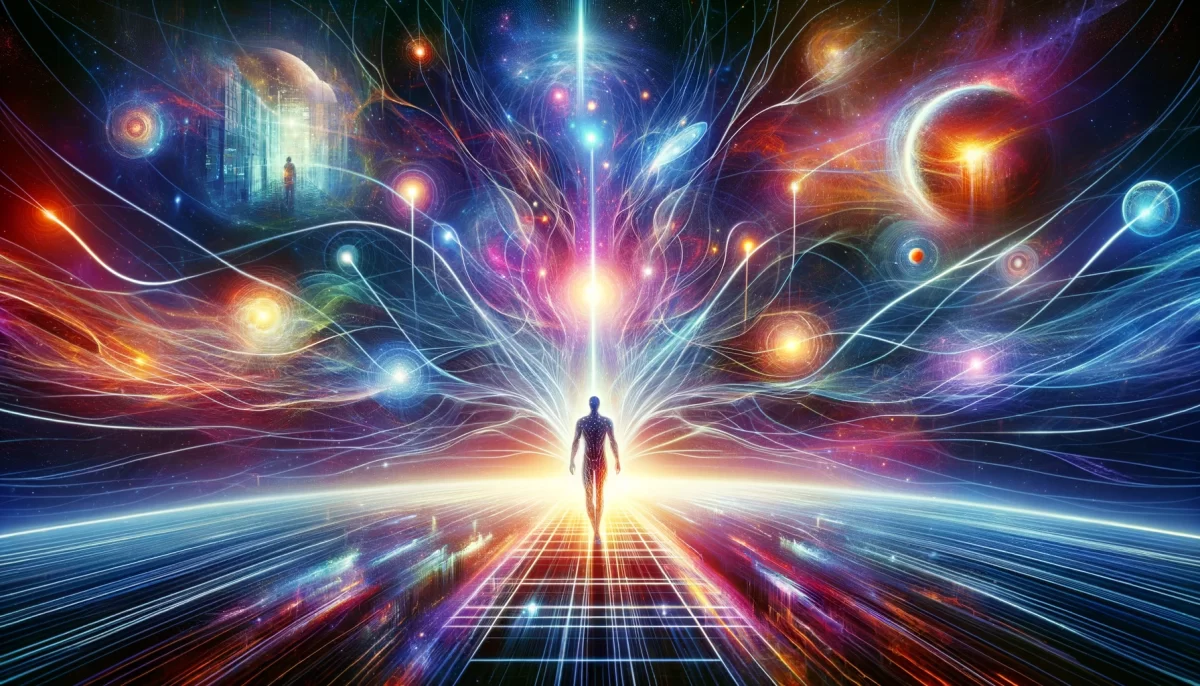
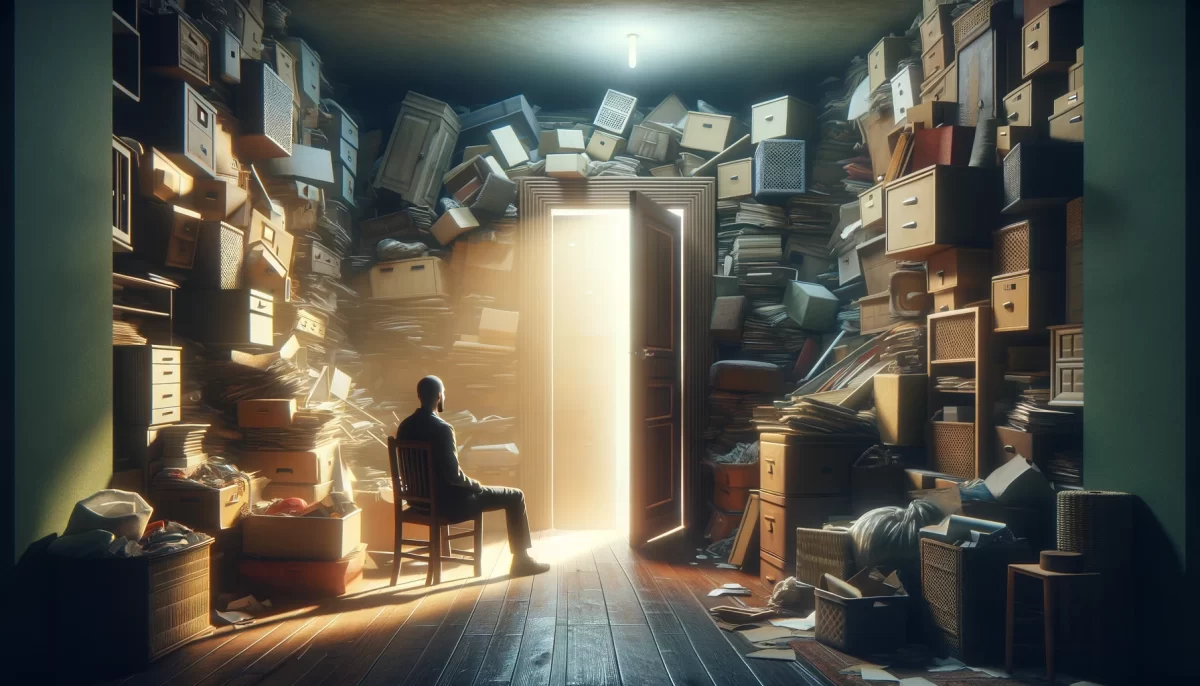
Leave a Reply